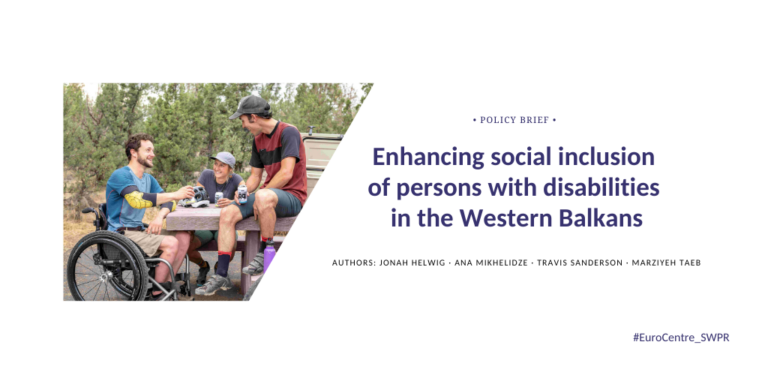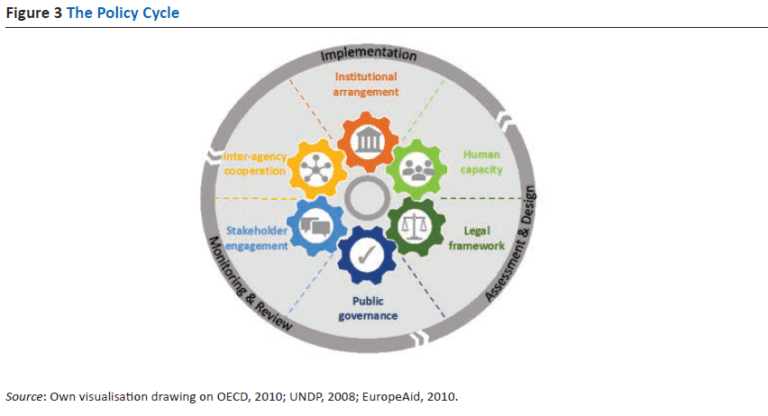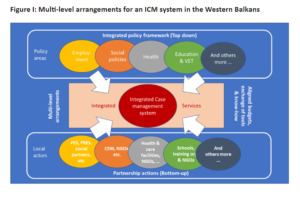BB Policy Review Report Published: Social Housing Policies to Support Access to Adequate and Affordable Housing
The European Centre has released the report from the online BB policy review, “Social Housing Policies to Support Access to Adequate and Affordable Housing,” held on 25–26 June 2025 in collaboration with the Ministry of Labour and Social Affairs of the Republic of Armenia. This report summarises insights gained during the BB Policy Review and aims…










